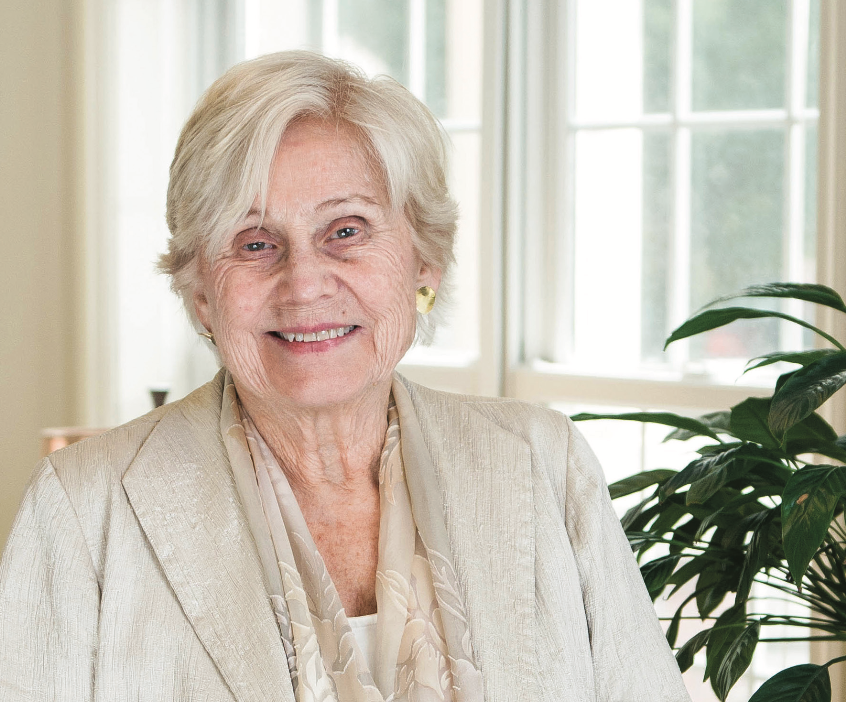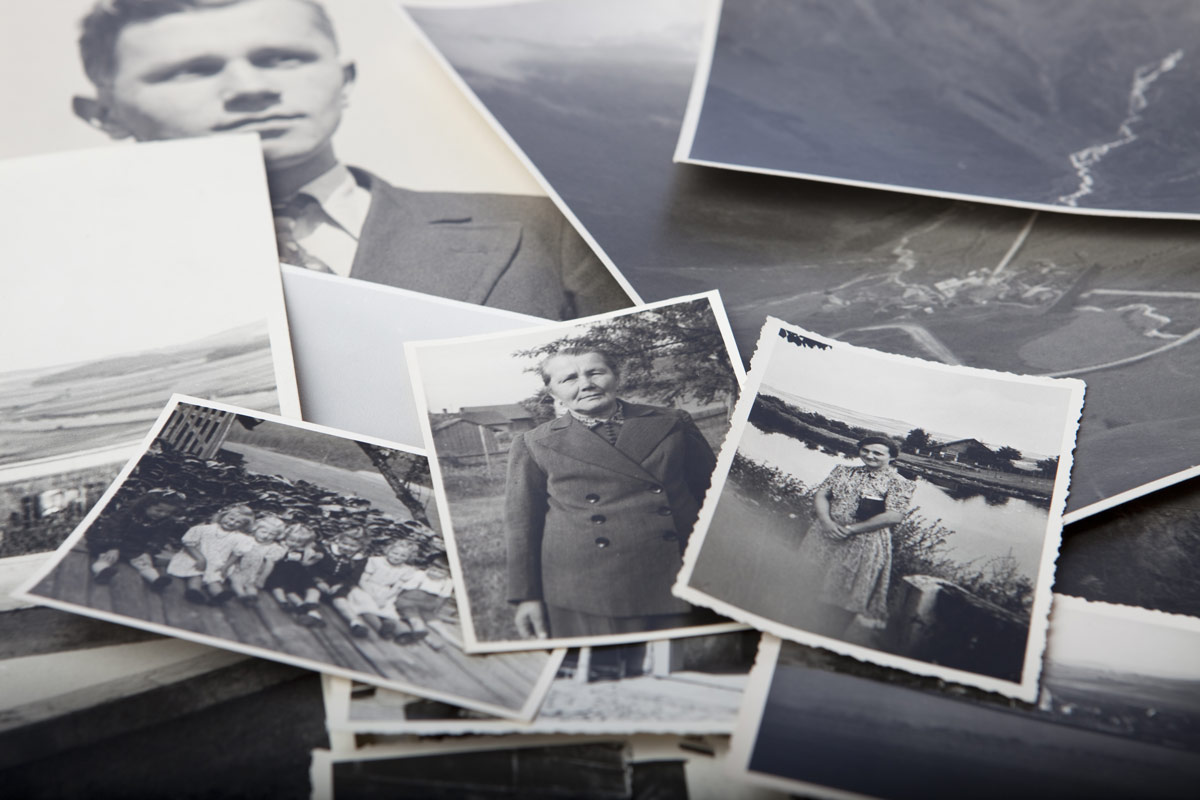When I was seventeen, I thought old people were boring. I escaped from my grandmothers’ living rooms as quickly as I could, and from their letters, too. They wrote too much about the weather in handwriting that was impossible to read. I confess I rarely finished their letters. I was young and wanted to be with my friends. I would never be old like them, never.



But, of course, I did change my views of older people, and eventually, I grew old myself. One of my earliest lessons about aging came from Mrs. Kate Mailliard. She became my friend when I was 30 and she was 75, (although I never called her Kate).
Mrs. Mailliard
My husband John was now the headmaster of a New England boarding school. That made me the headmaster’s wife with official duties. One of these is to host Mrs. Mailliard in my home when she comes east for her annual visit to the school. My job was to put on a luncheon for her and the Mailliard Fellows — faculty who had received stipends from Mrs. Mailliard in honor of her late husband. Mrs. Mailliard was beautiful and gracious, and at her luncheon, she presided over the grateful fellows like a queen. That looks like fun I thought. She told me the fellows were her legacy, something she is leaving behind.
Over the years, I heard about how Mrs. Mailliard had evolved in her late seventies. With her husband dead, and her children long grown, she had time to do things she had always wanted to do but had never done. She took pilot lessons and got her license. Each summer she took many of her grandchildren on a week-long camping trip on horseback in the Sierra Mountains. She began to write poetry and started taking photographs. And she followed closely each of the grandchildren as they grew.
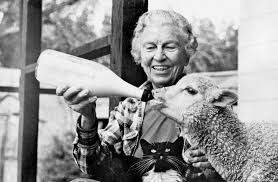
Mrs. Mailliard became a role model for me of what was possible for an older person. Of course, she was incredibly privileged, but it was her mindset, not her money that impressed me. I learned, and never forgot, that it is never too late to change your life. She was, truly, an elder splendor.
Virginia
Fast forward and I was suddenly fifty years old. My lovely mother-in-law, Virginia, 83, had a heart attack and was not doing well. She called each of her four sons and asked if she can move into one of their homes, but all of us were too busy with our lives to take her in. John, my husband, did arrange for her to move into a nursing home three miles down the road. Virginia hated the place and told us she doesn’t like the other inmates either because they are all so old. She seemed depressed. The doctor prescribed some medication to help. She did not get better. More medications. And then Virginia told us she was seeing huge bats flying around her room and giant black spiders. Then she said, “I am so sorry, but I no longer wish to live. I hope you will forgive me… but I am not going to eat any more food or take any more medicines.” And that is just what she did. She stopped eating and taking her medications, although she still drank water. We felt saddened by her decision.
When we next visited, we couldn’t believe what was happening. Virginia looked better, not worse. And the next day, she looked even better. No more hallucinations. Her usual good spirits returned, too. We came to understand she had been over-medicated. And, best of all, Virginia lived happily for another year.
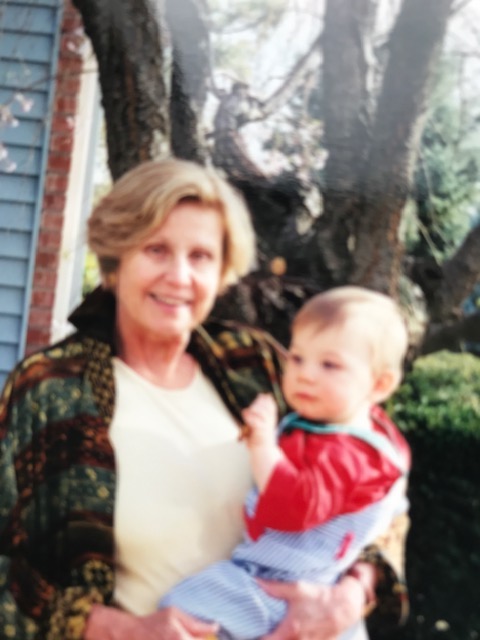
Virginia taught me it is never too late to take charge of your life and to think for yourself. We always have choices no matter how old we are. I had to accept the fact that Virginia’s doctor had probably made a mistake, prescribing too much medicine. This meant I had to take more responsibility to be informed about the medical situations of my family and myself.
Shilpa
I was now 60, and as a managing partner at a diversity consulting firm, I hire the interns. This year it is Shilpa, 25, a new arrival from India. I spend many hours showing Shilpa the ropes and then, of course, some hours just talking with her. She was married two years earlier, an arranged marriage. I was horrified. Let someone else pick your husband. Medieval. She patiently explained her views on the subject. Shilpa was the third of four daughters. Her parents had arranged the marriages of her two older sisters and they were both very happy. And Shilpa was happy with her husband, Viren, too. She explained how the family knows better than a young person how to pick someone with the right values and suitable for their child. And Viren, whom I met was indeed smart, accomplished, kind, and loving. Maybe she wouldn’t have picked him because he was a bit shorter than her.
She told me how in India the older generations are treated with respect and reverence. Whenever she sees her grandmother she kisses her foot to express her respect. And she saw her grandmother as an important resource for learning about life. While Shilpa didn’t kiss my foot, she treated me with extraordinary courtesy and deference. And she showed the same politeness and grace to all older people whom she encountered. She could speak up, and she can disagree, but she does it with grace and sensitivity.
Shilpa’s attitude about older people was so different from my own when I was young — when I had so arrogantly dismissed my grandmothers as boring, as having nothing to teach me. But I was far more open at 60 as I edged towards being an elder myself. My relationship with Shilpa and my training as a social psychologist helped me see our culture’s worship of youth in a new light. I saw we were missing something important in the USA, the appreciation of our elders.
You, dear readers, have your own wake-up stories that have shaped how you view aging and elders. Please send me one of your stories. They will help me. I have been very lucky at 86 during this time of COVID unlike many of my peers. I have been healthy, live happily with my boyfriend, and I have a mission. I want to learn more about aging in America and to do my part to make things better for all of us elders. I want to help everyone see the splendor of the elders.
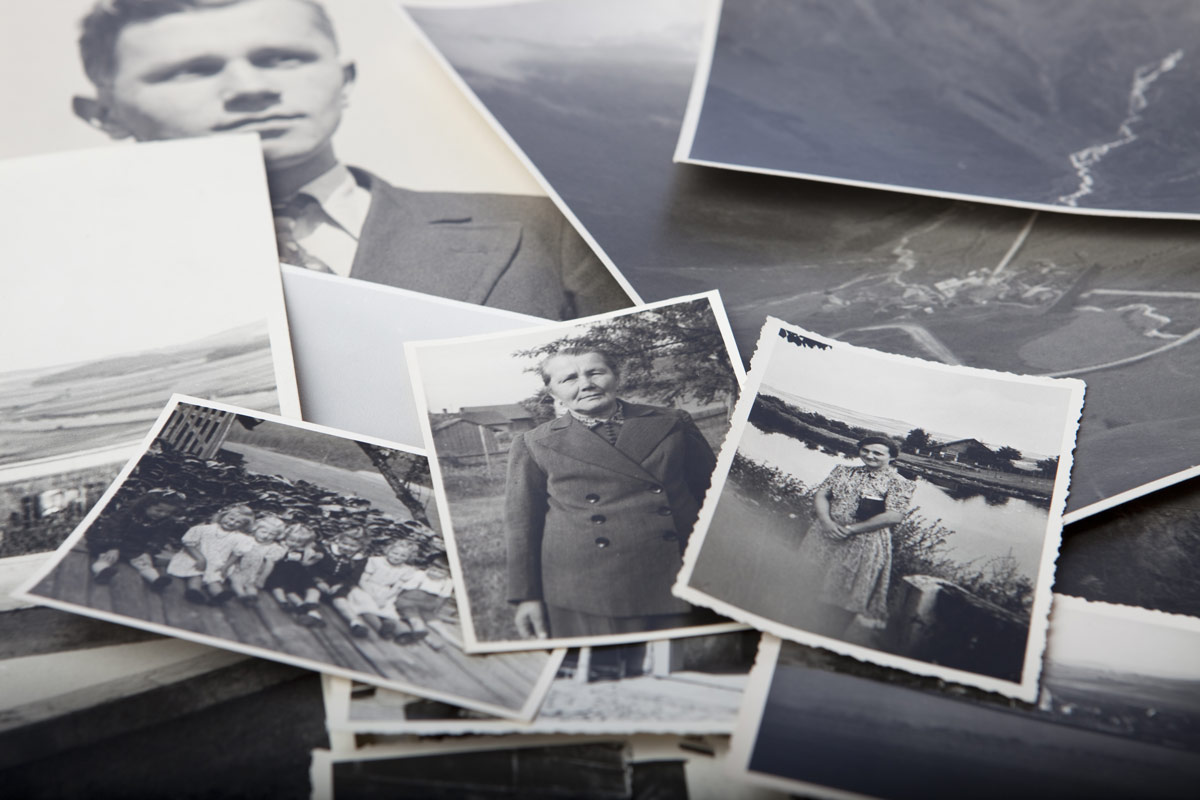
Katharine Esty is a practicing psychotherapist, a widow, a mother, a grandmother, and a writer. Her recent book, Eightysomethings- A Practical Guide to Letting Go, Aging Well, and Finding Unexpected Happiness, was published by Skyhorse.
Looking for more from Dr. Katharine Esty? Sign up on her website for her bi-weekly newsletters.
#eightysomethings #society #ageism # aging #agingwell #selfhelp

